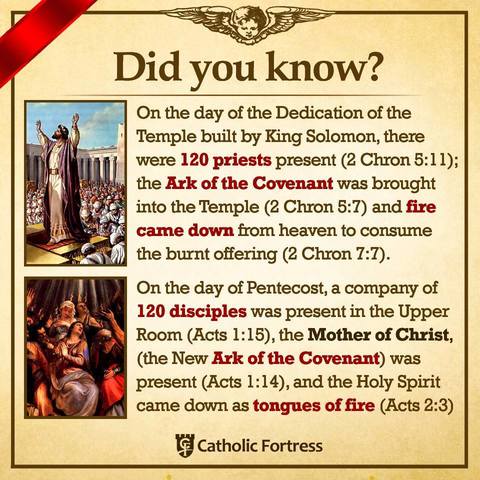FHII
Well-Known Member
- Apr 9, 2011
- 4,833
- 2,500
- 113
- Faith
- Christian
- Country
- United States
I'd like to introduce something new to this topic. I looked through the thread, and couldn't find anyone bringing this up.
In Acts 21-23 Paul is Jerusalem and is seized. Have a look at this verse:
Acts 23:11 KJV
And the night following the Lord stood by him, and said, Be of good cheer, Paul: for as thou hast testified of me in Jerusalem, so must thou bear witness also at Rome.
So in regards to whether Peter was in Rome, this verse brings up some interesting questions and talking points:
1. According to at least timeline I consulted, this was around 58 AD.
2. Why would Jesus need Paul to be a witness in Rome if Peter was there?
3. It is known that there was already a Christian community in Rome, and had been for about 10 years. Who was their leader (if they had one) and why did Jesus need to go if they had a leader?
3. Why did the Lord not send Peter?
4. We have a direct commission by Jesus to Paul concerning Rome, yet nothing from Jesus about going to Rome. So why does the RCC not acknowledge this commission to Paul since he (Paul) was chosen by Jesus to be the leader at Rome?
In conclusion, I've stated that I do believe there is a good possibility that Peter at some point was in Rome. However, this commission to Paul leads me to believe that if Peter was there, he had very little bearing on the Church.
In Acts 21-23 Paul is Jerusalem and is seized. Have a look at this verse:
Acts 23:11 KJV
And the night following the Lord stood by him, and said, Be of good cheer, Paul: for as thou hast testified of me in Jerusalem, so must thou bear witness also at Rome.
So in regards to whether Peter was in Rome, this verse brings up some interesting questions and talking points:
1. According to at least timeline I consulted, this was around 58 AD.
2. Why would Jesus need Paul to be a witness in Rome if Peter was there?
3. It is known that there was already a Christian community in Rome, and had been for about 10 years. Who was their leader (if they had one) and why did Jesus need to go if they had a leader?
3. Why did the Lord not send Peter?
4. We have a direct commission by Jesus to Paul concerning Rome, yet nothing from Jesus about going to Rome. So why does the RCC not acknowledge this commission to Paul since he (Paul) was chosen by Jesus to be the leader at Rome?
In conclusion, I've stated that I do believe there is a good possibility that Peter at some point was in Rome. However, this commission to Paul leads me to believe that if Peter was there, he had very little bearing on the Church.


